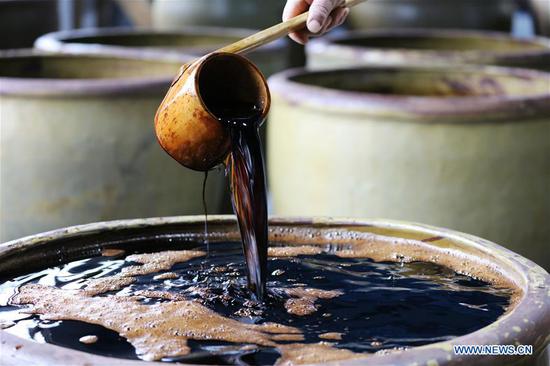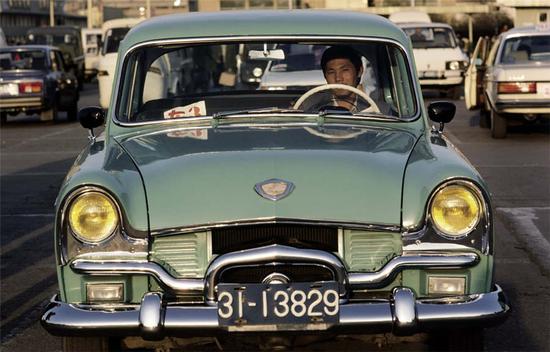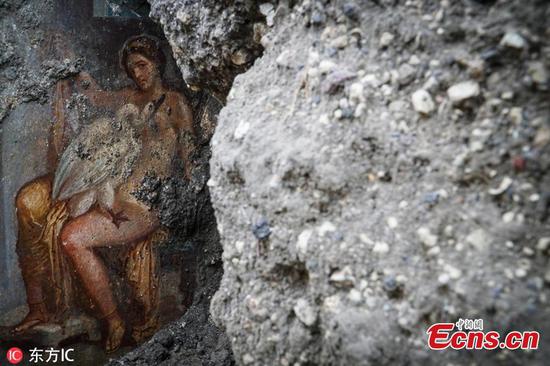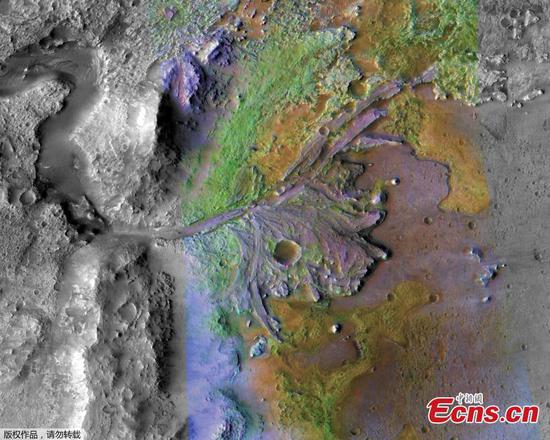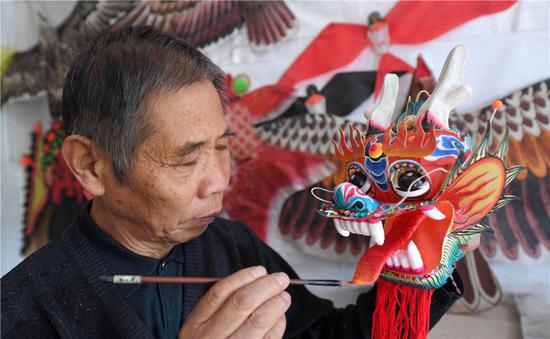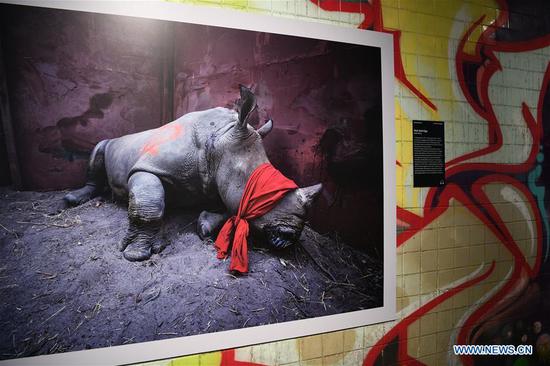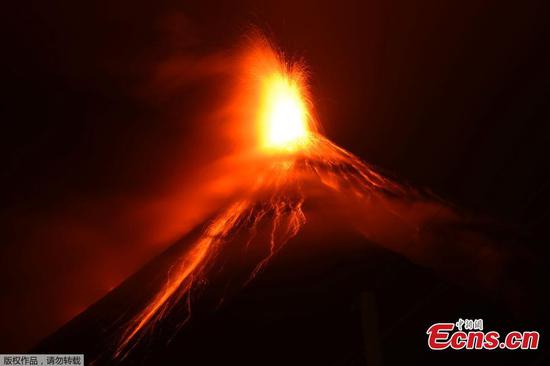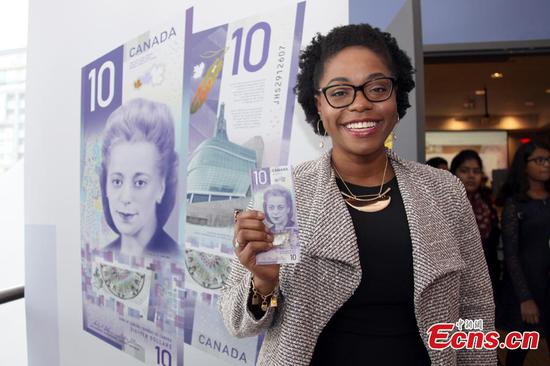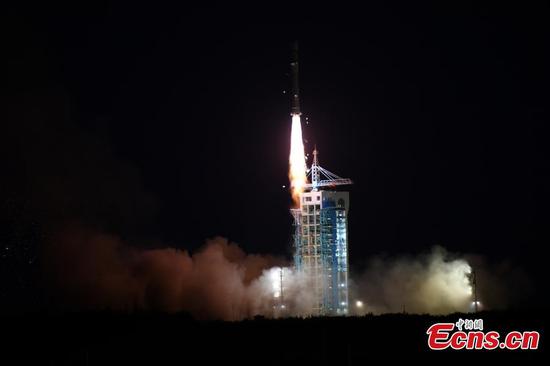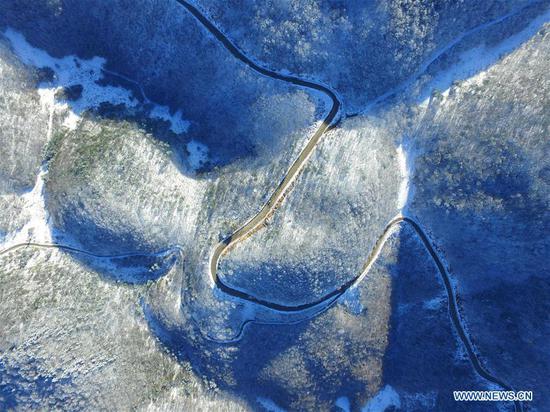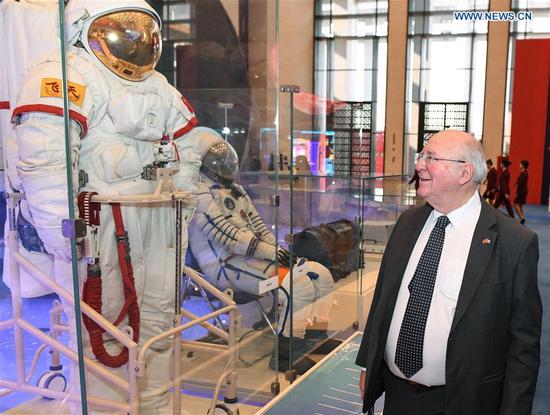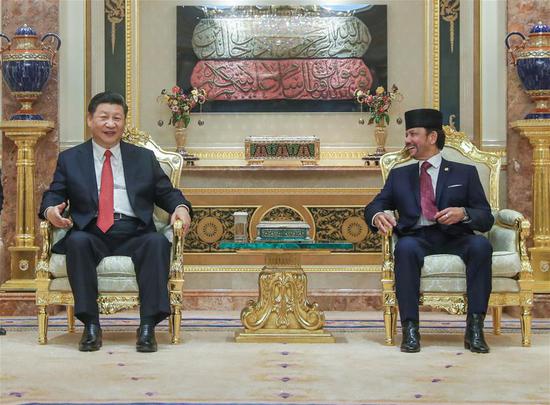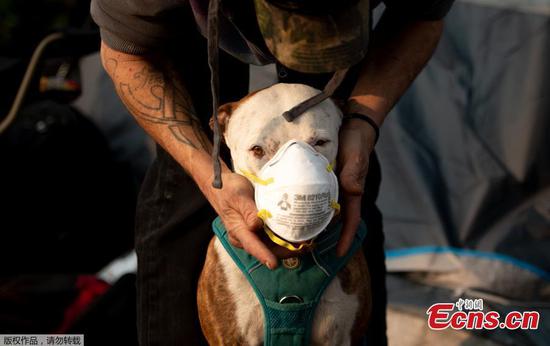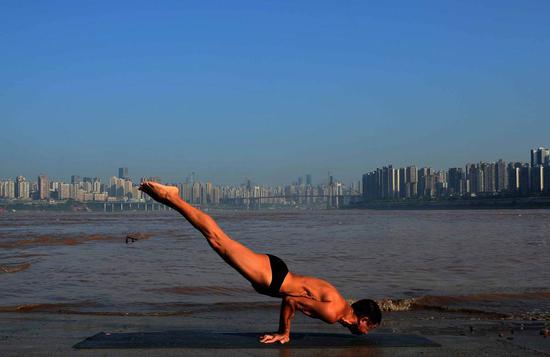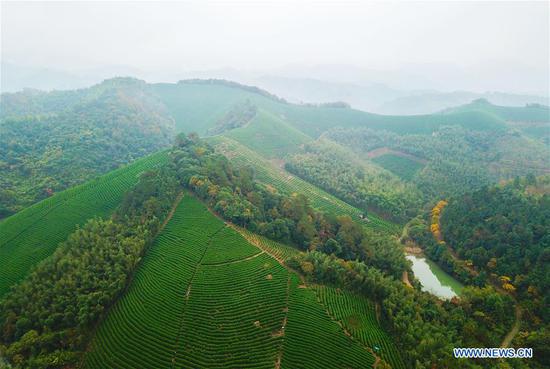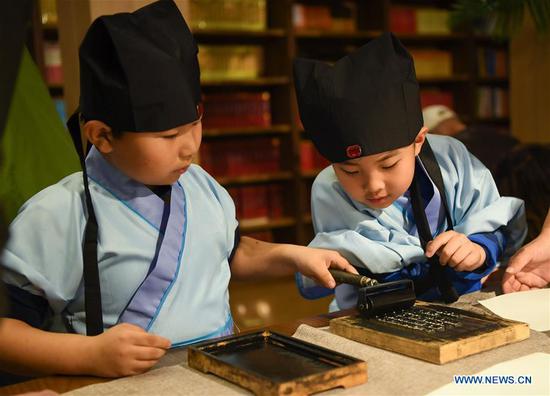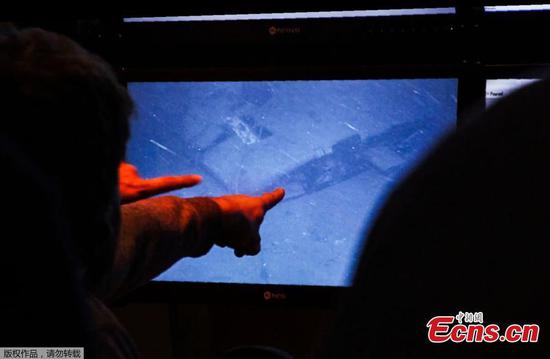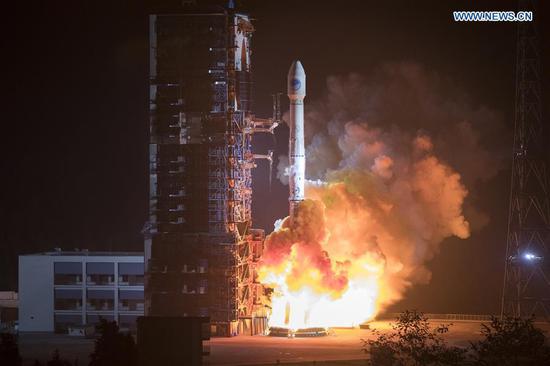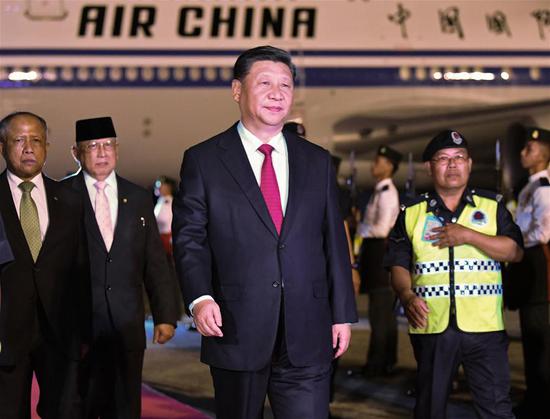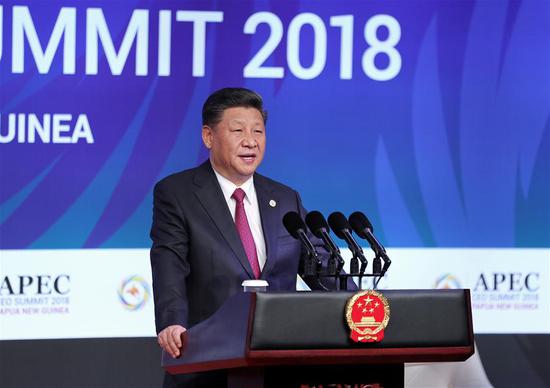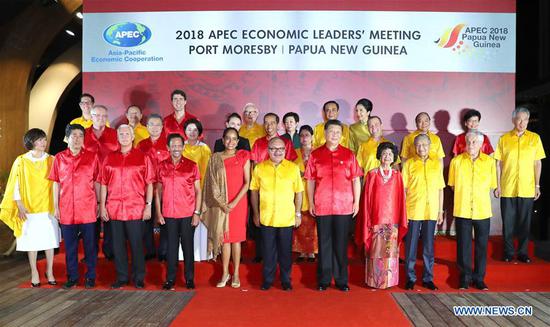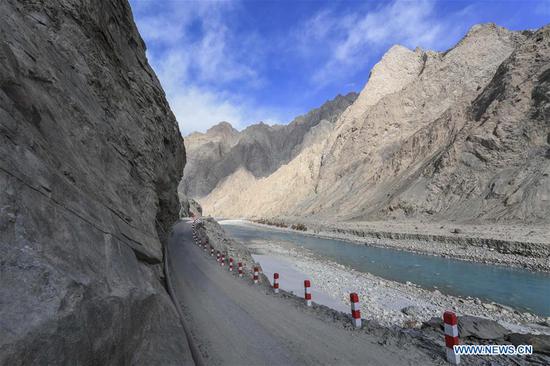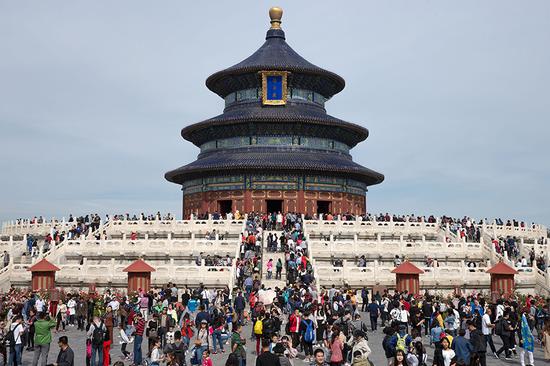The imposition of protectionist and unilateral views was the main reason for the failure to release a joint declaration at the 26th APEC Economic Leaders’ Meeting, said State Councilor and Foreign Minister Wang Yi.
For the first time, the gathering — which concluded on Sunday in Papua New Guinea — ended without all parties agreeing on a final declaration.
Wang said in an online statement on late Monday that this was mainly due to individual economies insisting on imposing verbiage onto other parties, and the former did not accept reasonable revisions proposed by China and other parties.
Such practices were dissatisfactory to China and many other economies, and were not in line with the principle of consensus adhered to by APEC members, Wang said.
Decision by consensus is the value and basic rule of APEC, he said, adding that it is in the common interest of all parties involved and cannot be ignored or abandoned.
The APEC meeting was generally a success, Wang said, adding that President Xi Jinping proposed China’s solutions addressing global challenges during the meeting, which were widely commended by all sides.
According to Papua New Guinea Prime Minister Peter O’Neill, instead of a declaration agreed to by all participants, a chairman’s statement for the APEC meeting would be released later.
Wang noted that China respected PNG issuing a chairman’s statement on the outcome of the meeting as the host country, and hopes it will include a summary of the consensus reached during the meeting and voice more positive energy.
O’Neill said earlier that the sticking point was over whether mention of the World Trade Organization and its possible reforms should be in the Leaders’ Declaration, Reuters reported.
“APEC has got no say over the World Trade Organization, that is a fact. Those matters can be raised at the World Trade Organization,” he said.
O’Neill also said that the 21 APEC economies must aspire to achieve the Bogor Goals, a set of targets agreed upon in 1994 in Bogor, Indonesia, that ensure free and open trade, and investment in the region, by 2020.
On Saturday, United States Vice-President Mike Pence criticized China over trade disputes, investment in the region and other issues in a speech at the APEC meeting in PNG.
In response to the remarks, Foreign Ministry spokesman Geng Shuang said on Monday at a daily news conference that it seems like the US attended the APEC meeting with great anger, and its speeches and remarks caused controversy, created discord and spoiled the atmosphere of the meeting.
On Tuesday, Geng said China had done its utmost throughout to promote a consensus, and thus showed its sincerity.









